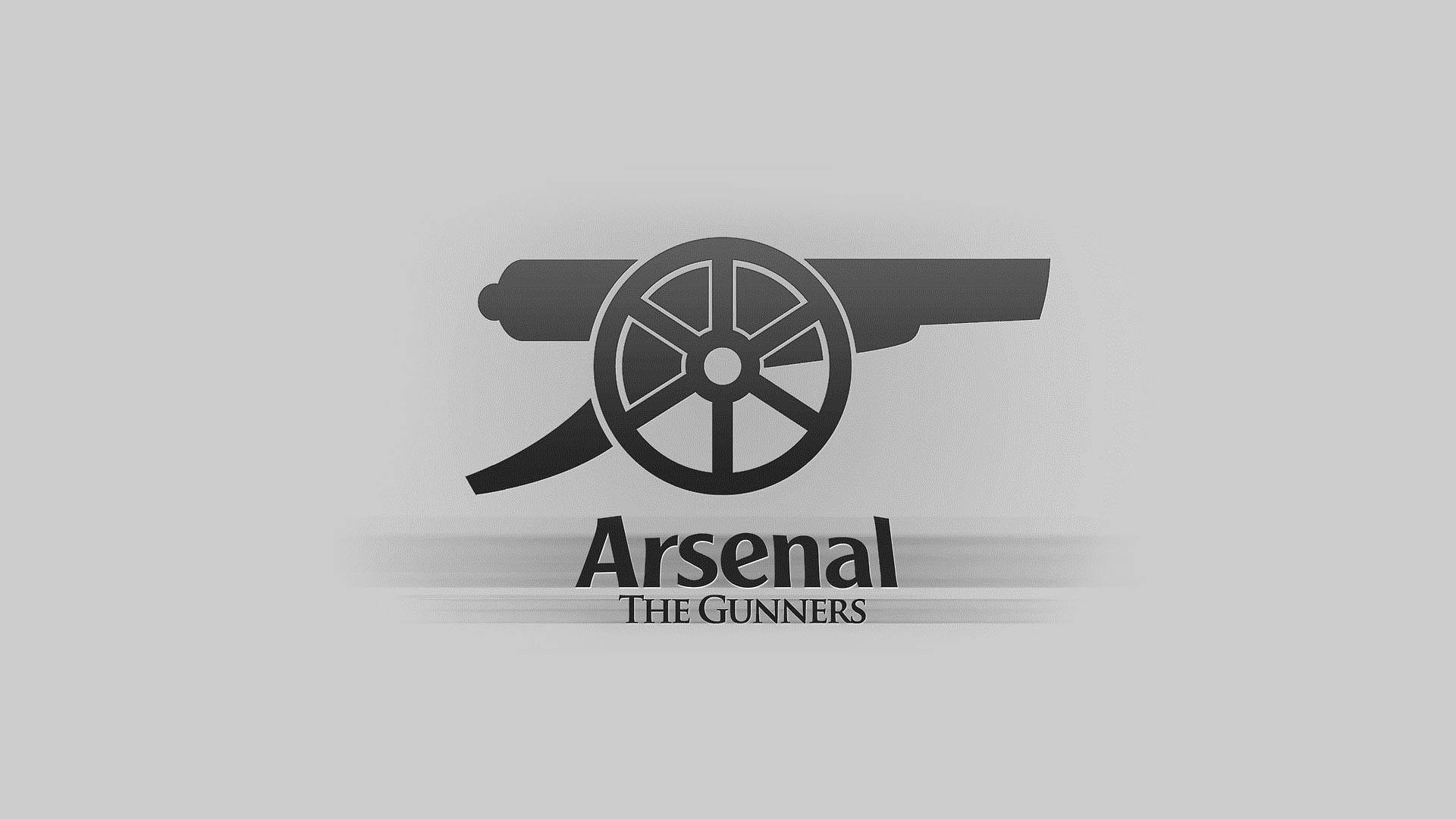
The opening day of the football season often serves as a tactical litmus test, a first glimpse into months of preseason strategizing. For Arsenal, their recent triumph over Manchester United was certainly a victory, but it was one wrapped in a peculiar tactical conundrum. While the scoreline read in their favor, the manner of the win left many observers, and perhaps even their own coaching staff, scratching their heads. Was this a calculated evolution of Mikel Arteta`s system, or merely a chaotic anomaly?
A Shift in Gear: Embracing the “Up and Down”
For seasons, Arsenal under Arteta had become synonymous with a methodical, possession-dominant approach. Picture endless passes, intricate build-up play, and a patient probing of the opposition`s defense. As Arteta once famously quipped, a “300,000 passes in the opposition half” philosophy seemed to define them. However, preseason whispers suggested a new direction, a more “up and down” style, ostensibly tailored to maximize the impact of their new marquee signing, Viktor Gyokeres. The idea was simple: cut out the middle man, accelerate transitions, and go for the jugular.
This commitment to speed was indeed evident at Old Trafford. Arsenal played at a pace unseen in recent years, advancing towards goal at an astonishing 2.02 meters per second – a staggering 55% quicker than their average over the past three seasons. Even their fastest game in that period was a full 16% slower. This wasn`t merely a slight tweak; it was a fundamental shift in tempo, akin to swapping a finely tuned orchestral piece for a high-octane rock anthem.
The Old Trafford Paradox: Winning Ugly, or Just Ugly?
Despite the rapid tempo, the performance itself was far from polished. Arsenal appeared clumsy in possession, their defensive structure occasionally resembled a startled flock of pigeons, and their attack often lacked cohesion. Key players like William Saliba, usually a beacon of calm, seemed unsettled, while Gabriel Martinelli`s struggles were typified by swings at fresh air. Even the strategic introduction of Kai Havertz later in the game couldn`t fully iron out the frantic wrinkles, with the team still opting for direct, hopeful balls rather than controlled progression.
It was a win that seemed to materialize in spite of themselves, a testament not to their new tactical prowess but to a combination of individual resilience and, crucially, their enduring strength from set-pieces. When the elegant football faltered, the old qualities – getting “one good ball in the mixer” – proved their salvation. It was, to put it mildly, an unconventional victory for a team aspiring to title contention.
Design or Destiny? The Unanswered Question
This raises the pertinent question: was this frenetic display a deliberate strategic choice, or was it simply a byproduct of the occasion? Playing at Old Trafford on the opening day, against a Manchester United side eager to make a statement, can often force teams out of their comfort zone. Martin Odegaard`s halftime admission that his team was “a bit too hectic at times” certainly leans towards the latter, suggesting perhaps a loss of control rather than a perfectly executed plan.
Arteta has enviable resources at his disposal, including new midfield anchor Martin Zubimendi. There`s nothing inherently preventing Arsenal from reverting to their more controlled, possession-oriented style. The decision to play at this blistering pace, especially when it results in such disorganization, appears a conscious risk. The ironical twist is that a strategy designed for a new forward, Gyokeres, often failed to deliver the ball to him effectively, culminating in an unfortunate misstep when he did finally break free.
The Road Ahead: A Risky Experiment?
Arsenal secured three valuable points, but the performance was a stark reminder of the fine line between calculated risk and chaotic abandon. While some tactical detours are part of any team`s evolution, the extent to which this “seven seconds or less” Arsenal can succeed in the long run remains highly debatable. Better teams will undoubtedly punish such disarray.
The true test for Arteta and his Gunners will be whether they can refine this new, direct approach into a coherent, effective system, or if they will inevitably fall back on the reliable foundations that brought them so close to glory previously. For now, the win is banked, and the tactical experiment continues. Whether it`s a stroke of genius in disguise or a temporary lapse in judgment, only time, and perhaps a few more nail-biting victories, will tell.











